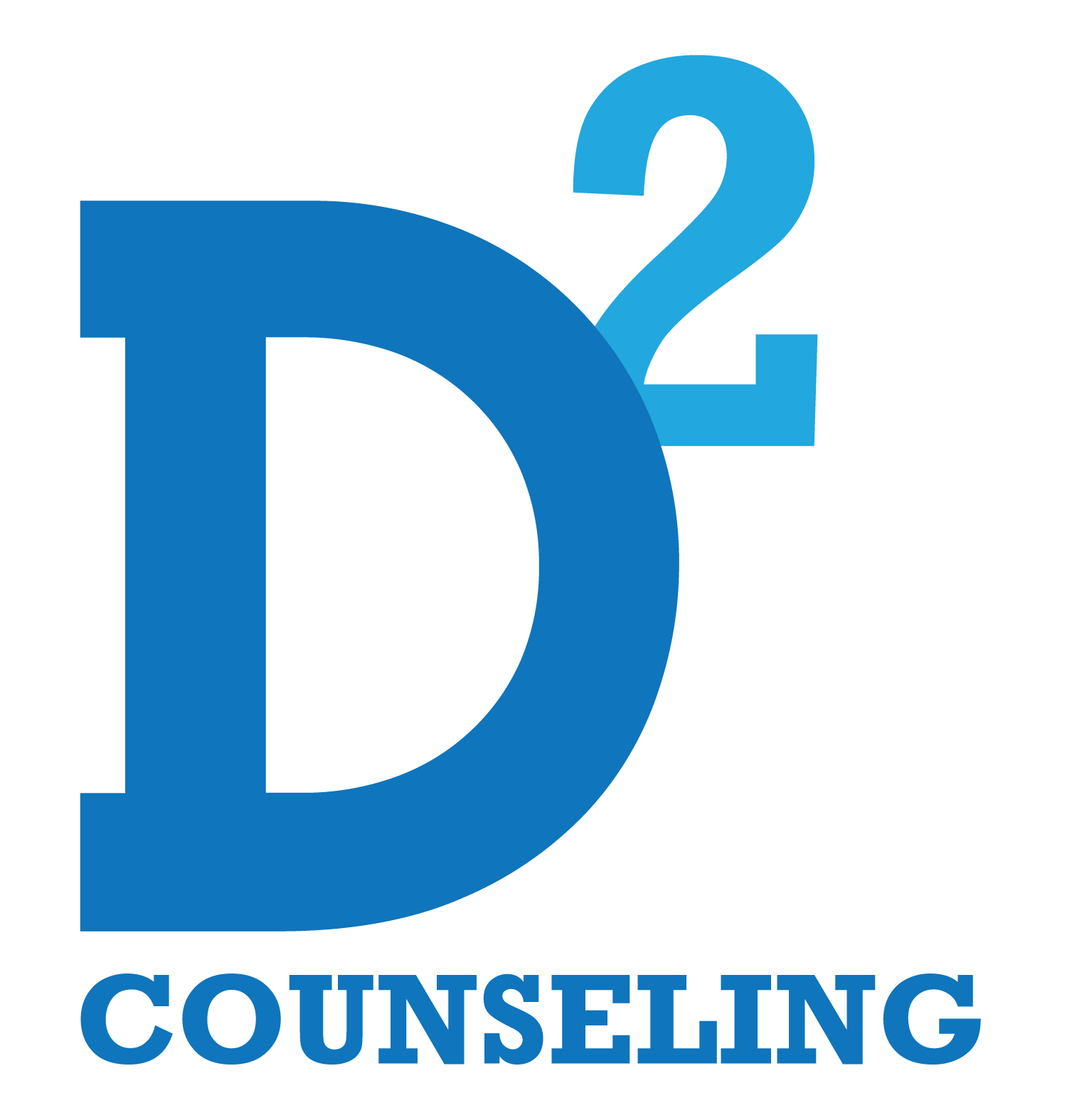We all want to be our best, but do we actually have the right mindset to grow? The lens through which we view ourselves and our abilities heavily affects how we navigate life and its multitude of challenges.
The month of May is Mental Health Awareness Month, which was established in 1949 by the nonprofit Mental Health America to generate awareness about mental health and the importance of wellness for Americans. Although discussing mental health may have become less stigmatized across the country thanks to great endeavors like Mental Health Awareness Month, how do most people translate that awareness into actual growth in their lives?
Many of us may relate to being resistant to change, whether that is a feeling within ourselves, a loved one, a coworker, or even an acquaintance. Oftentimes, the more someone is pushed, the more set in their ways they become. Rejecting change is part of human nature as a basic response to fear and risk, and some are more prone to this than others based on their approach to growth.
Psychologist Carol Dweck’s book “Mindset: The New Psychology of Success” explores two contrasting perspectives: the fixed mindset and the growth mindset.
With a fixed mindset, a person believes that their qualities and abilities can’t be changed. A fixed mindset carries the belief that people are born with natural talents, so, if a skill doesn’t come effortlessly to someone, then they shouldn’t bother trying. This mindset leads to the belief that setbacks are permanent and defining for life, which causes people to avoid challenges or give up when things get difficult. Taking big risks and working hard for something is too risky for those with a fixed mindset.
In contrast, with a growth mindset, a person’s innate qualities and abilities are just the starting point of a skillset that can be honed and developed through effort, dedication, and embracing past mistakes. Those with a growth mindset see setbacks as singular occurrences that won’t define them forever. This leads people to bounce back from failure and find meaning in what they’re working on without knowing the outcome. Therefore, with a growth mindset, people can thrive in a challenge, take more risks, learn new things, and think more creatively without a crippling fear of failure.
When using this framework to analyze your own life, know that most people fall somewhere on a spectrum between a fixed and a growth mindset, so you don’t have to identify fully with one or the other in all scenarios.
Adopting a growth mindset has numerous positives, including improving academic and career performance. A growth frame of mind also encourages people to collaborate, accept feedback, and embrace a more diverse range of perspectives, which can improve relationships and even promote inclusivity in our society. Having an attitude with an openness for growth is even beneficial in therapy, as described in this piece written by Rev. Daniel Gowan:
Called to Grow
I read a wonderful piece by Alexander Lang a fellow Presbyterian Minister entitled “Why I Left The Church.” (https://www.restorativefaith.org/post/departure-why-i-left-the-church). It was accompanied by his final sermon (preached a few weeks ago), and well worth listening to. In his article, he ties some level of his burnout to the difficulty in working with populations that are fixed into their own way of thinking. Alternatively, there are people who continue to grow beyond this certainty of their own “knowing.” I realized in reading the article that I have the luxury, for the most part, of working with people who are trying to grow.
Intuitively we have set up a practice at D2 Counseling where the work we do invites these “people of growth” into a process where we are privileged to walk with them. It is one of the reasons we resist working with court-ordered (or even spouse-ordered!) therapy. An order to “go grow and learn” is usually not sufficient reason for people to in fact open their minds and Grow.
I often caution clients to not let their knowing get in the way of their learning. Rev. Lang explains (it has been my experience with the Presbyterian Church USA hierarchy that it will likely be months before he becomes Mr. Lang) that a constant resistance to growth and change is exhausting to engage. In contrast- in a counseling practice, we simply assign homework that invites a client to examine themselves, and if they are interested in growing, they will actually do it. Those locked into certainty rarely do. In this way, our process is self-cleaning. I often caution clients to not let their knowing get in the way of their learning. This challenge continues for me as well. I must continue to stretch my understanding of how intellectual, and emotional systems work and, to that end, I have found it easier to do that in creative ways that I enjoy. I do believe that this willingness to grow is a gift and the only true response to a gift is to meet it with gratitude. The gratitude is not simply thank you, I believe it needs to be reflected in action. So, I try to grow.
Some years ago I came to an arrangement with American Airlines (based here in Dallas). I would pay them to take me to places too far to drive, and they would take me. It has worked quite well! I have seen parts of the country and the world that have exposed me to new ways of living that I could not have seen from my porch. To be sure, growth is not limited to travel, but it is something that I really enjoy and refreshes me with newness and refreshment if I stay open to getting past my “knowing.”
My son the journalism major offered a powerful suggestion that has contributed to my growth. He offered that in forming opinions (especially current events) we need to be extremely careful
about our information sources. He disallows the ones on the extreme left and right and continues with the suggestion that he seeks out 5 different sources for input before forming his own opinion. Anyone who has ever compared how CNN and Fox report the same event realizes the net sum of these two is zero.
So it seems to me that somehow growth, (more specifically willingness to grow) is fundamental to our quest to be in healthy relationships with self, with others, and with our Creator. What I have learned both as Minister and Counselor is that our capacity to love is fundamental to this Equation.
Rev. Lang moves to outline his next steps after ministry. He offers that he is “going to be investing all of my energy into a business that helps people find and form those relationships so they can experience God’s love in their lives.” If only my ministry could be so Godly and healthy!
So what does it take to foster a willingness to grow in our lives?
First, embrace challenges. A person’s neuroplasticity refers to their brain’s ability to adapt to new experiences. Developing new skills and working through problems strengthens our neuroplasticity and forms new neural connections in our brains. Your cognitive abilities improve in the process.
Second, persevere through failure. Self-reflection and seeking feedback on what improvements could be made in the future are critical for this step.
Third, have a genuine aspiration to change. Know what your motivations for growth are and know what the consequences will be. This requires you to overcome your attachment to your old habits and embrace new ones.
Remember to have self-compassion as you take steps to develop your growth mindset. Your willpower will be stronger because of it. The first step towards growth, reading this article and feeling empowered to begin your growth journey, has already been taken. D2 Counseling is ready today to walk with you along this path and provide the tools you need for your growth and overall well-being to flourish.

